Yukon: Are they Getting the Cold Shoulder?
Yukon's Relationship with Canada: Examining Succession Claims
Yukon at a Glance
Yukon became a separate territory of Canada in 1898 during the Klondike Gold Rush, though it didn't gain full provincial-style powers until 2003 through devolution. The territory has only one seat in the House of Commons and one senator representing it in Parliament.
As of 2023, Yukon has a population of approximately 43,000 people, making it the second-least populated of Canada's provinces and territories, ahead of only Nunavut. The three largest communities are:
-
Whitehorse (capital): ~30,000 residents
-
Dawson City: ~1,500 residents
-
Watson Lake: ~1,000 residents
Economic Landscape
Yukon's economy has traditionally been based on mining, particularly gold, zinc, and copper, though government services now make up the largest sector. Tourism is also significant, with visitors drawn to the territory's wilderness and history.
The median household income in Yukon is approximately $94,000 CAD, compared to Ontario's $80,000 CAD. This higher income reflects the territory's higher cost of living, particularly for food, housing, and other goods that must be transported over long distances.
Major Challenges
Yukon faces several significant challenges:
-
Geographic isolation: Limited transportation infrastructure increases costs and complicates access to services
-
Climate change: Warming temperatures are causing permafrost melt, affecting infrastructure and traditional ways of life
-
Housing shortages: Particularly in Whitehorse, where vacancy rates are extremely low
-
Indigenous reconciliation: Implementing and honoring self-government agreements with First Nations
Succession Claims: Political Reality or Fringe Movement?
It's important to note that unlike some provinces such as Quebec or Alberta, Yukon does not have a significant succession movement. There is no mainstream political party or prominent public figure advocating for Yukon to leave Canada. Claims about Yukon succession are generally not supported by evidence of any organized political movement with meaningful public support.
Territorial Grievances with Ottawa
While succession is not a mainstream position, some Yukoners do express frustrations with the federal government:
-
Resource development decisions: Concerns about Ottawa making decisions about Yukon's resources without sufficient local input
-
Funding disparities: Perceptions that the territory doesn't receive equitable federal funding relative to its needs
-
Representation issues: With only one MP, Yukon's voice in national politics is limited
-
Regulatory burdens: Federal regulations sometimes don't account for northern realities
Perspectives from Political Leaders
Yukon Premier Ranj Pillai has focused on strengthening the territory's relationship with Ottawa rather than pushing for independence. Similarly, Yukon MP Brendan Hanley has advocated for increased federal attention to northern issues within the existing federal framework.
Indigenous leaders in Yukon, particularly from the 11 self-governing First Nations, have focused on implementing their self-government agreements within the Canadian federation rather than territorial succession.
Conclusion
While Yukoners, like citizens in many regions, sometimes express frustrations with distant federal governance, there is no significant evidence of a serious succession movement in the territory. Most political discourse focuses on improving the relationship with Ottawa, securing better funding arrangements, and addressing specific northern challenges within the Canadian federation.
The territory's small population, geographic isolation, and economic ties to the rest of Canada make independence impractical from most perspectives. Instead, the focus remains on strengthening Yukon's voice within Canada and addressing the unique challenges faced by this northern territory.
Author: Mark Bajanen with the assistance of Type.AI for detail
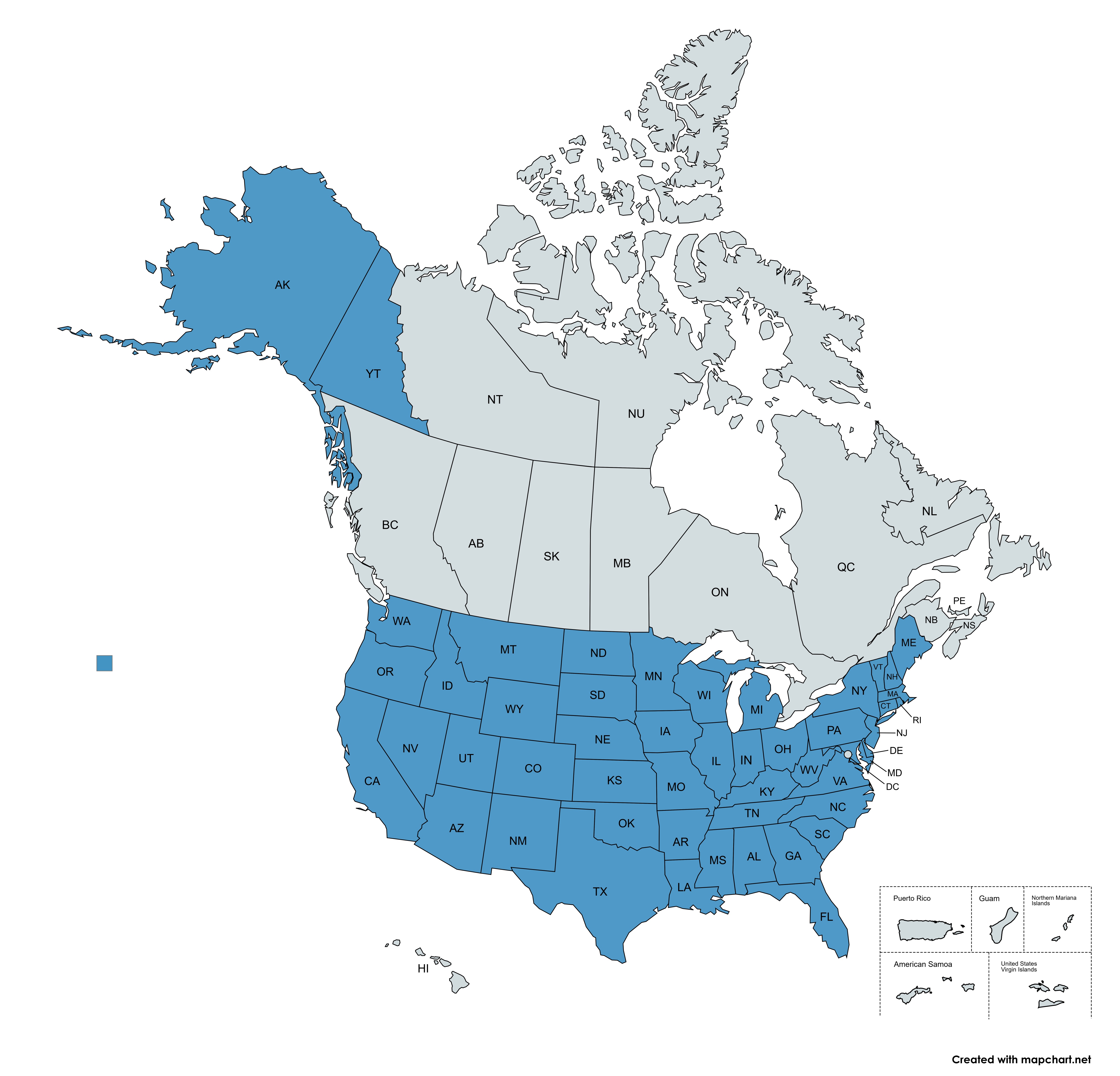

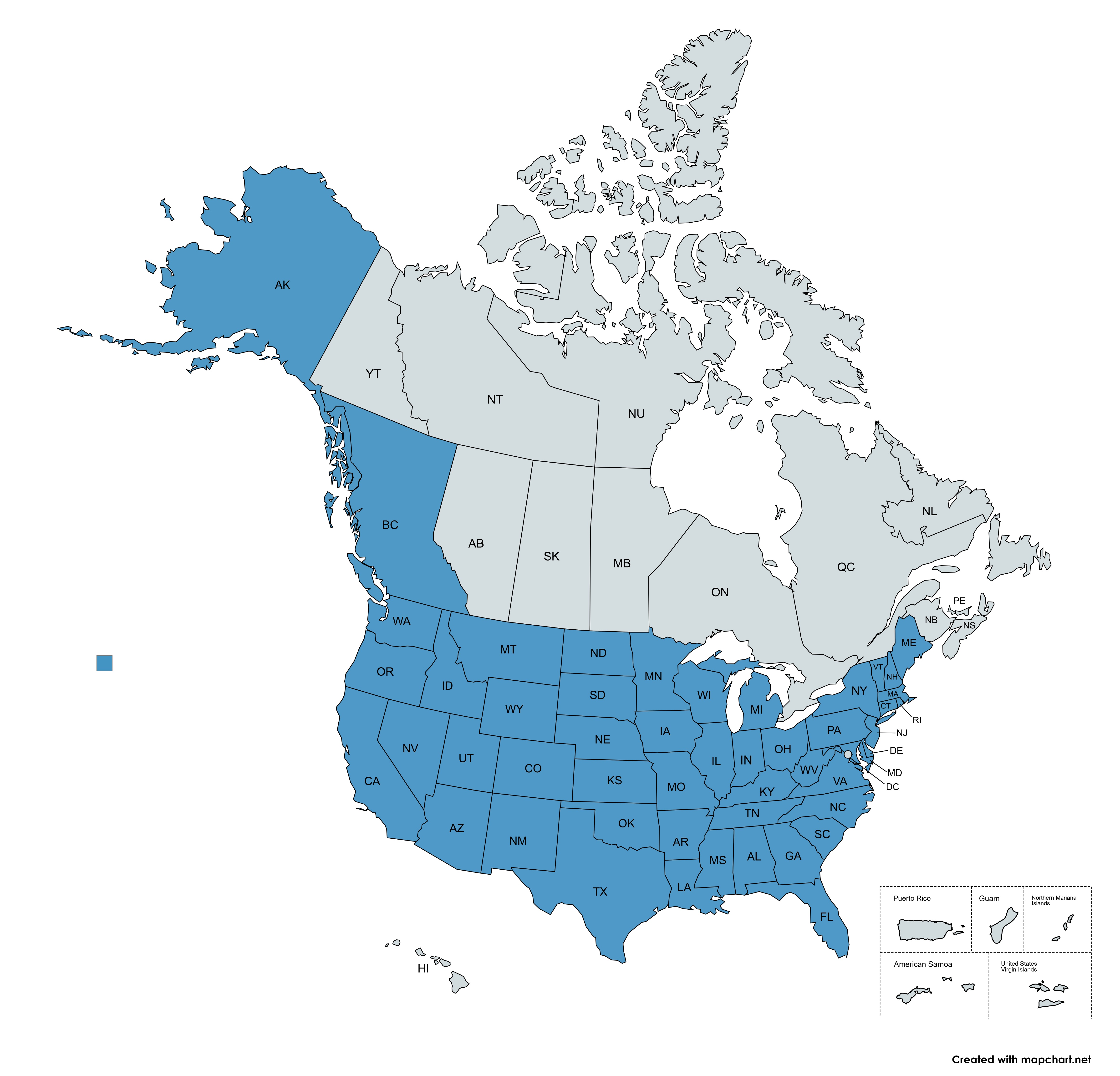
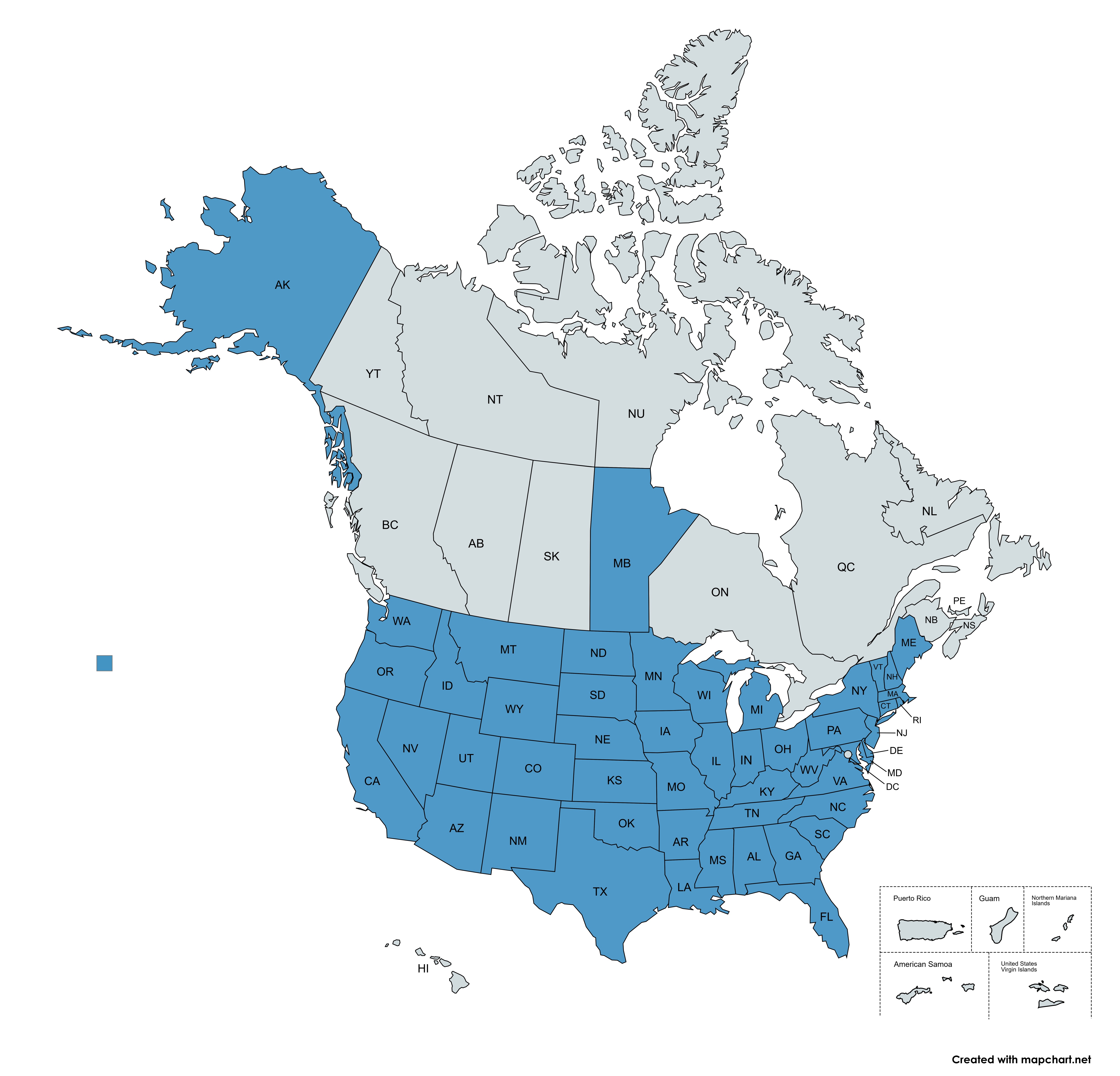
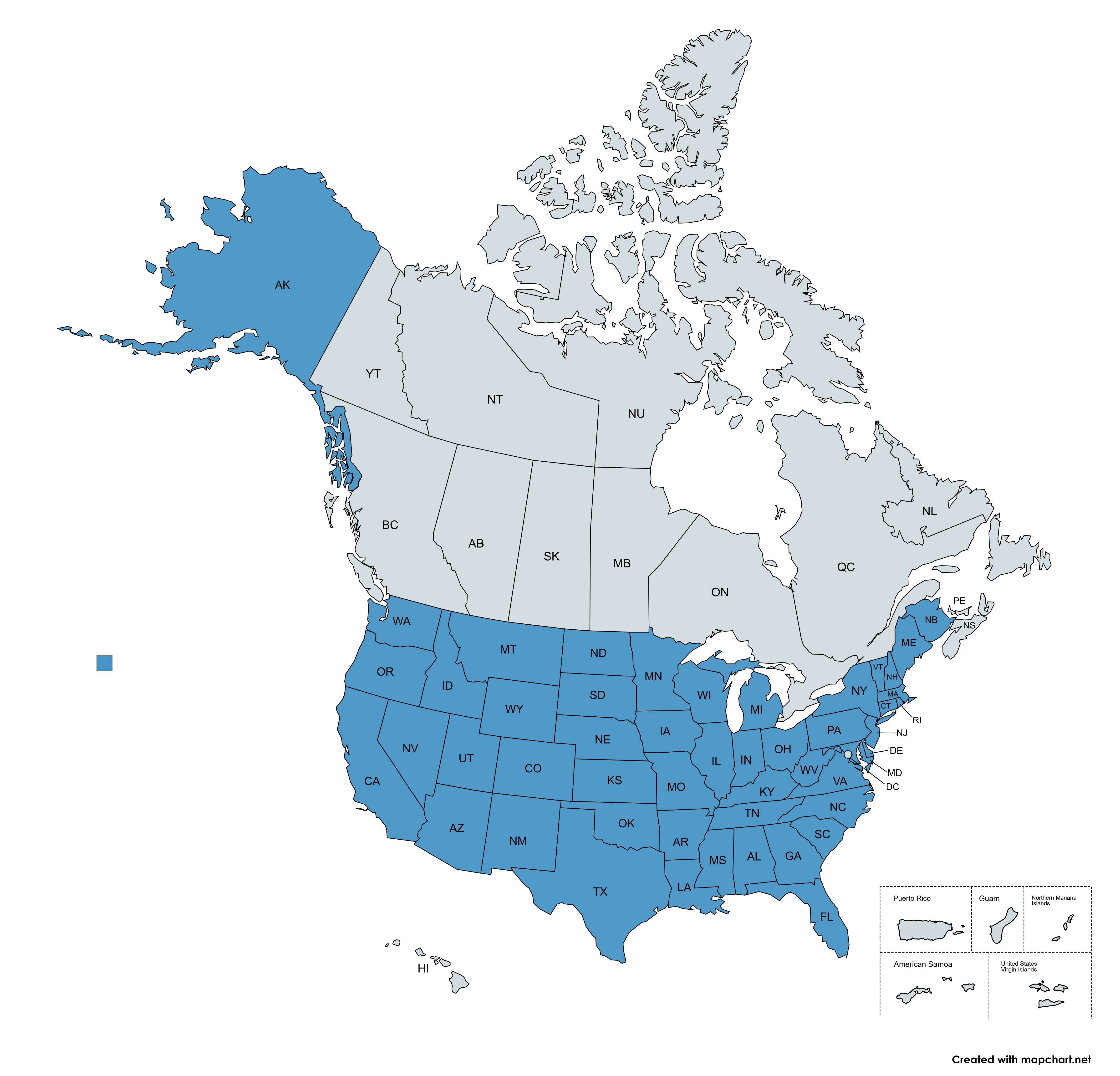
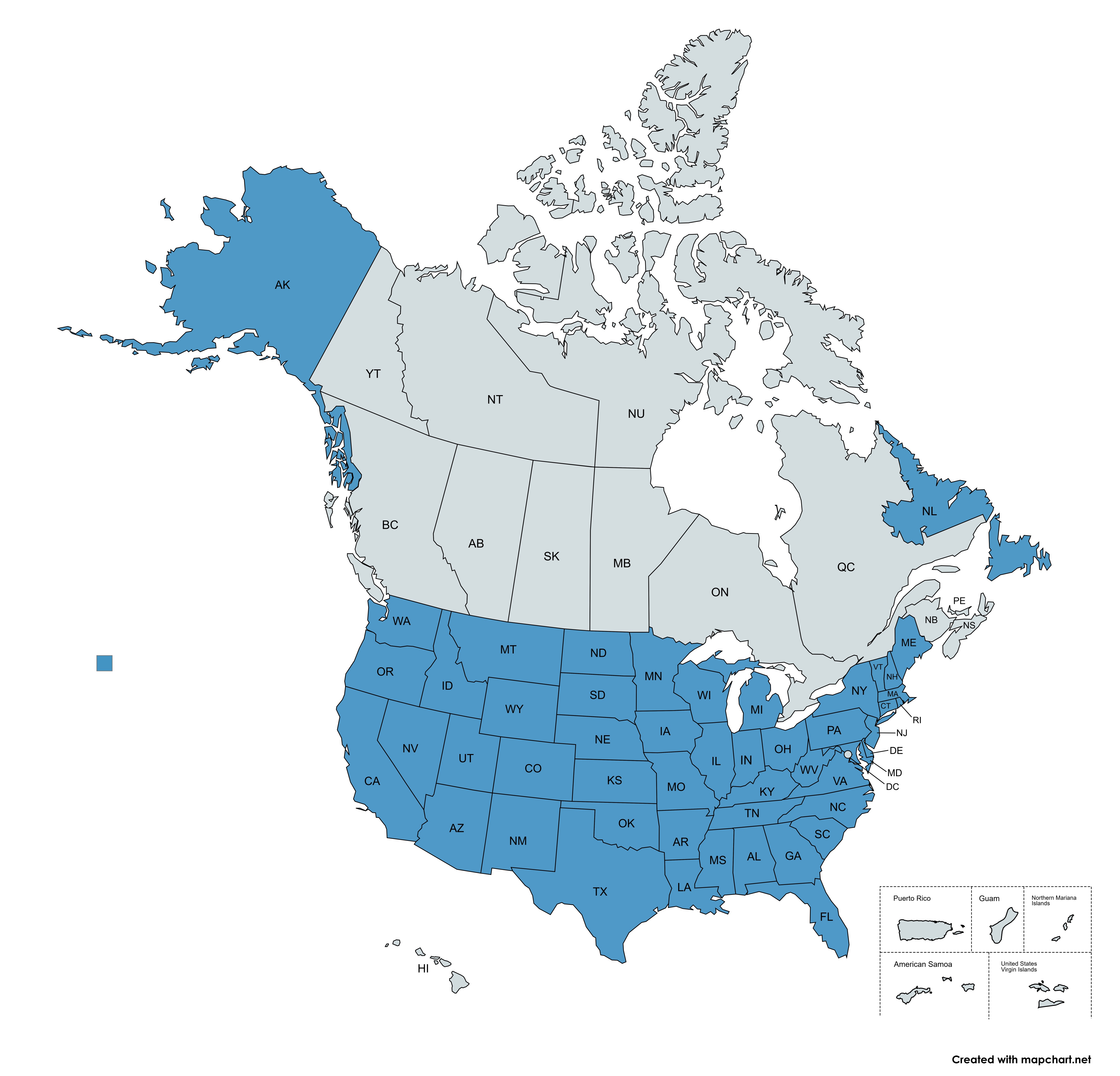
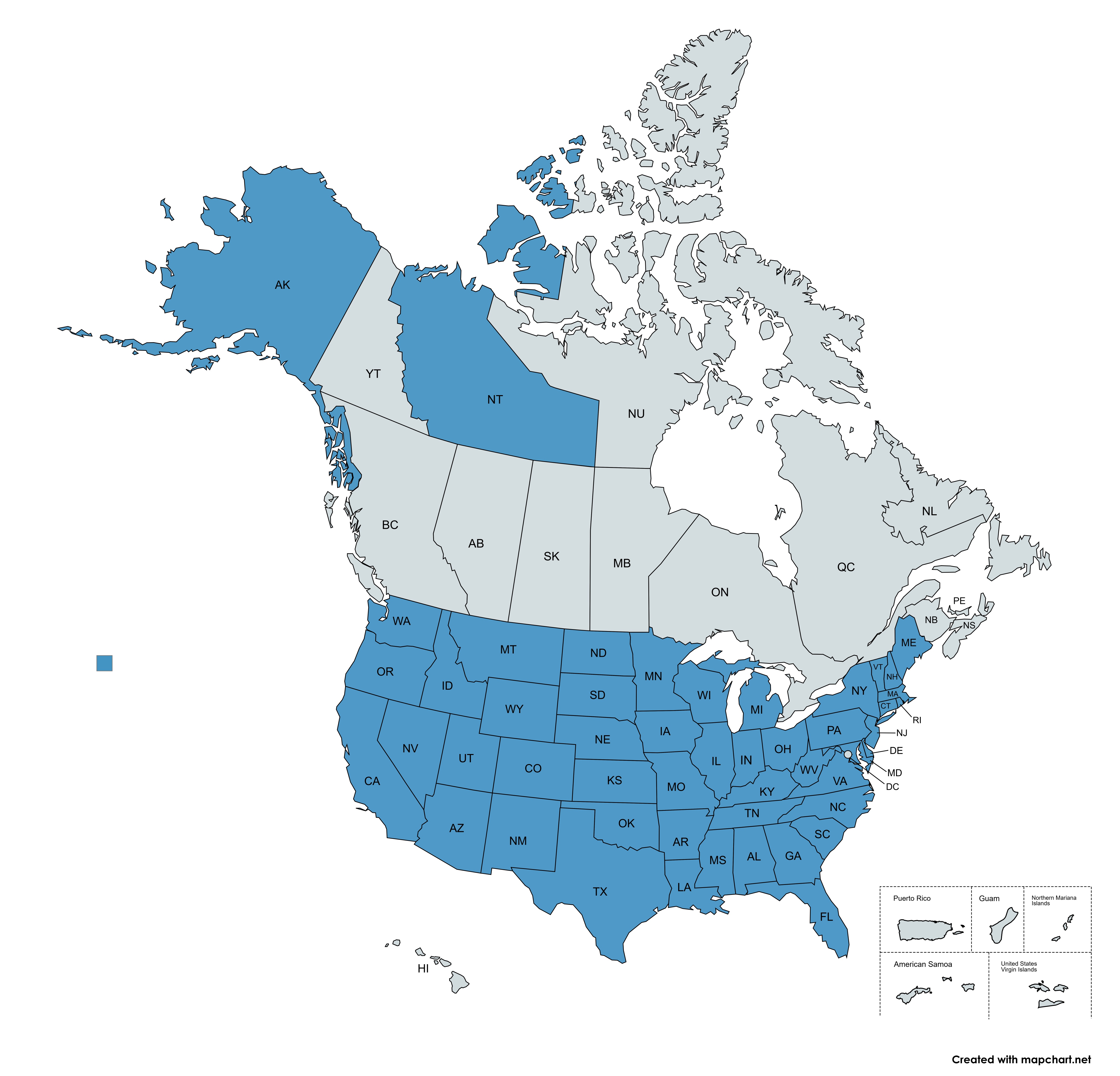
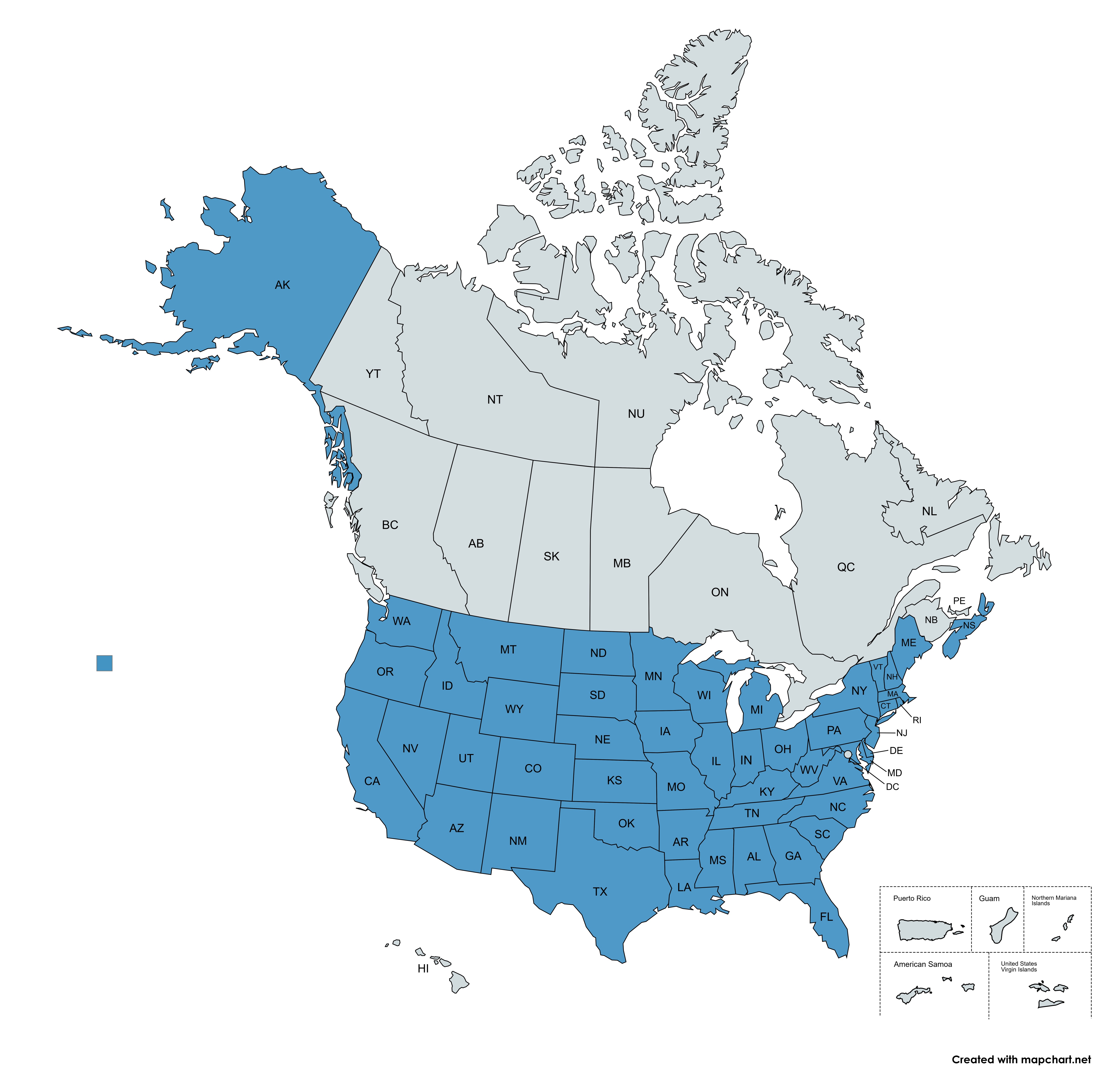
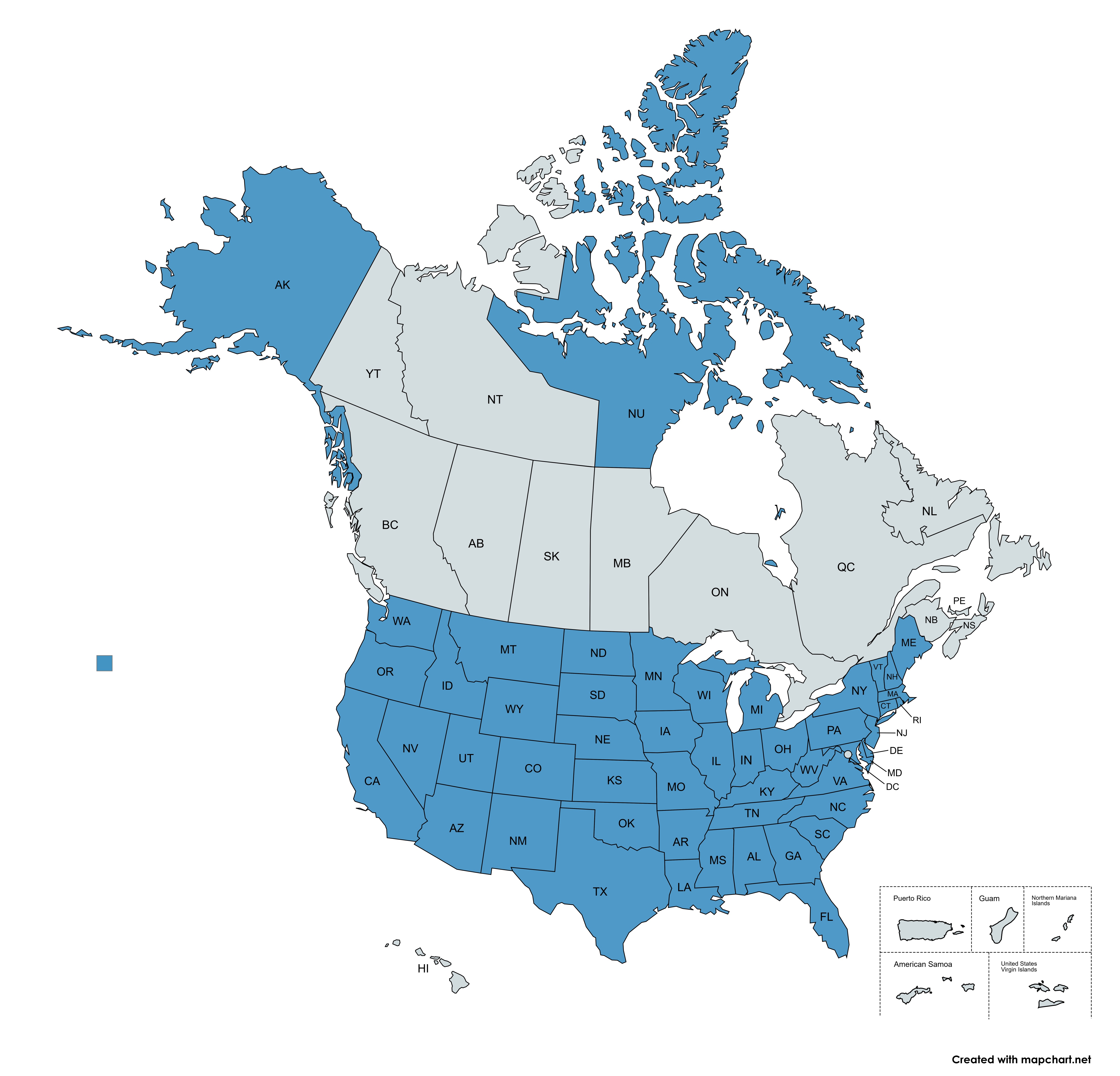

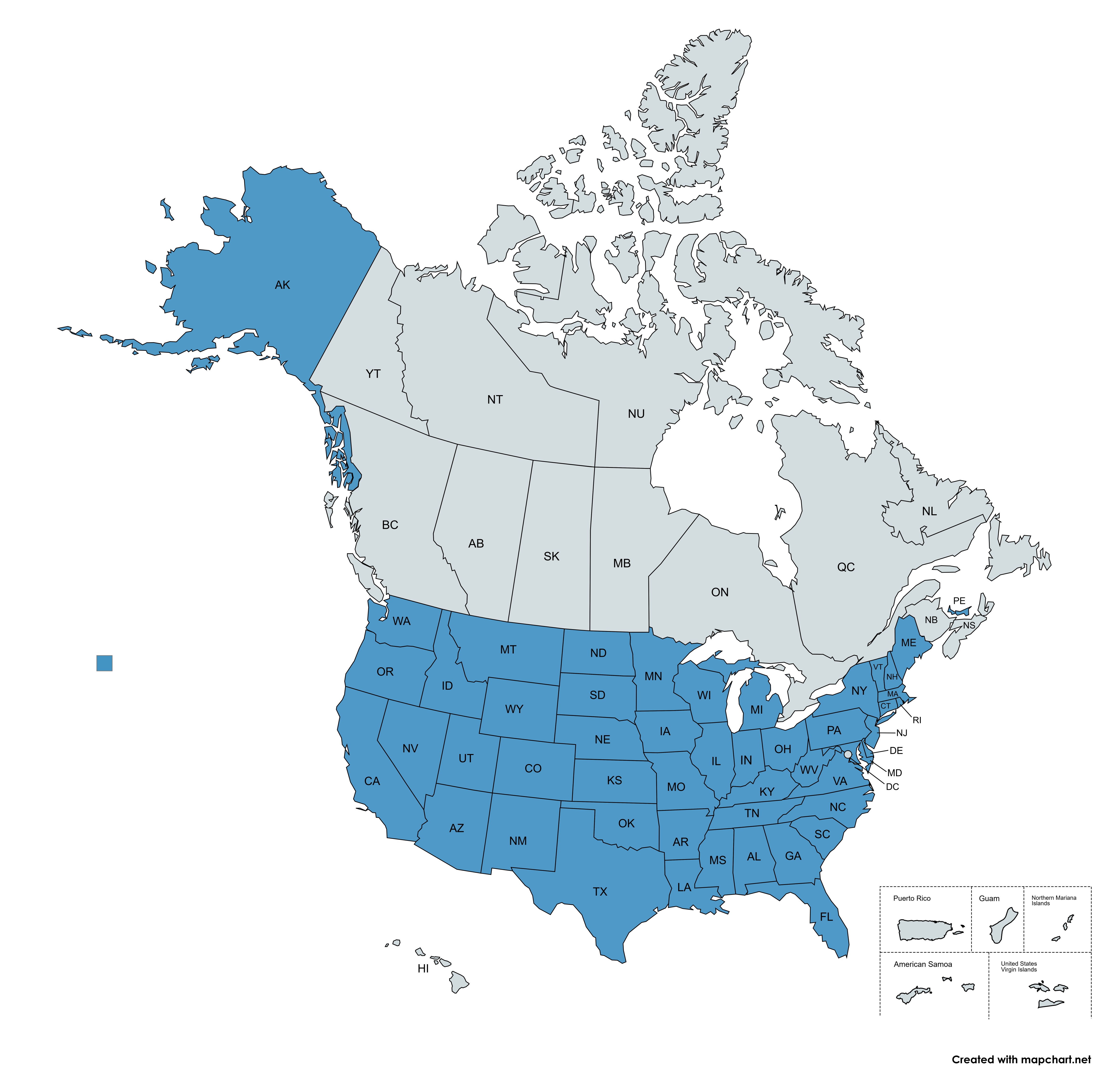

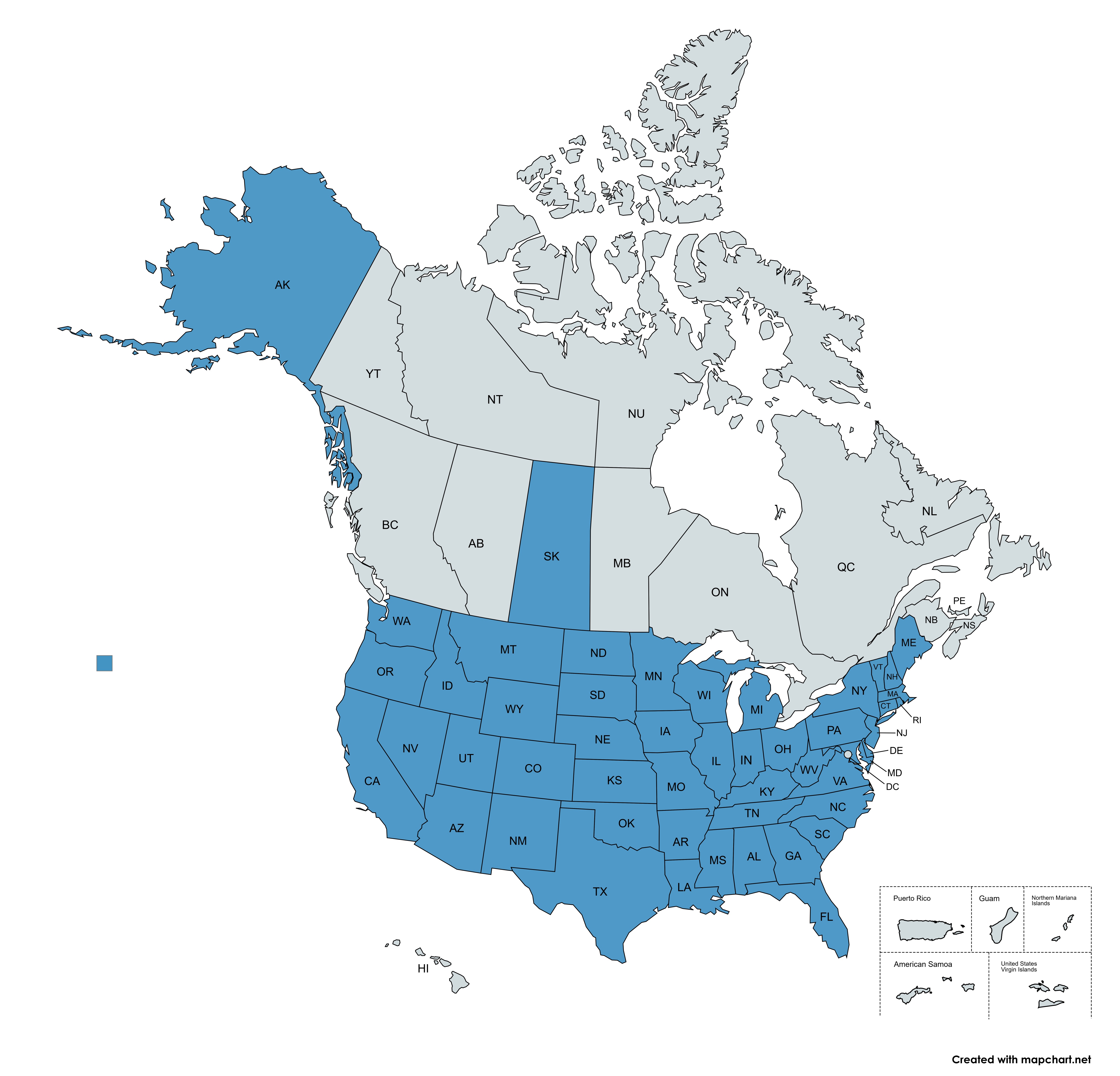
Comments
No comments yet. Be the first to comment!